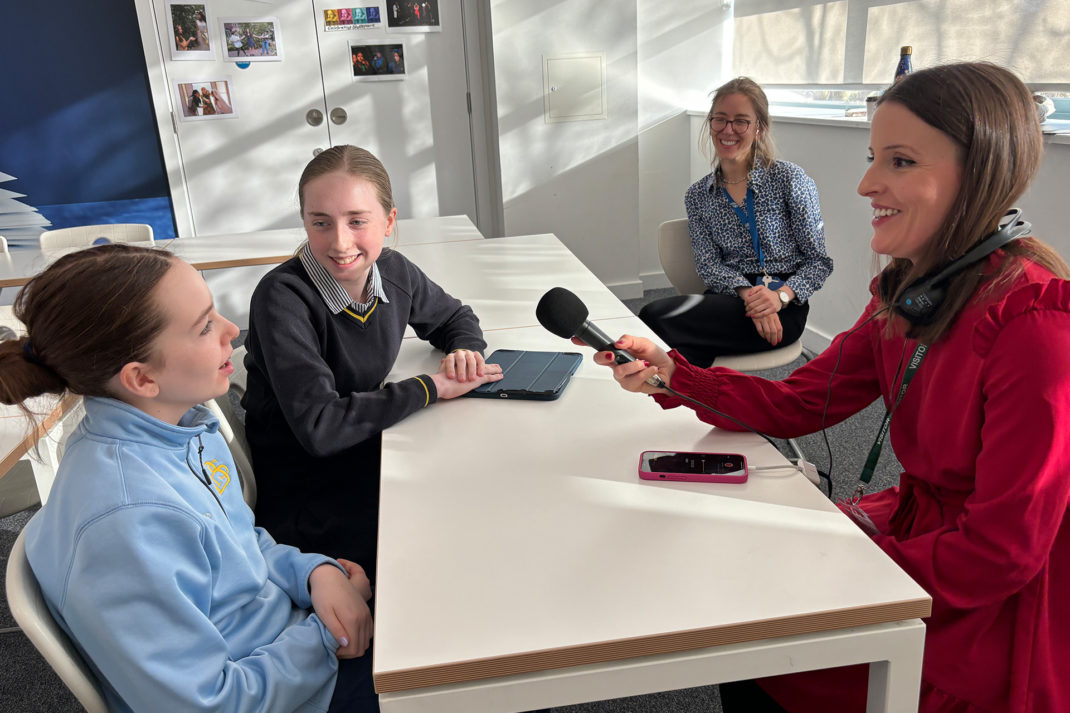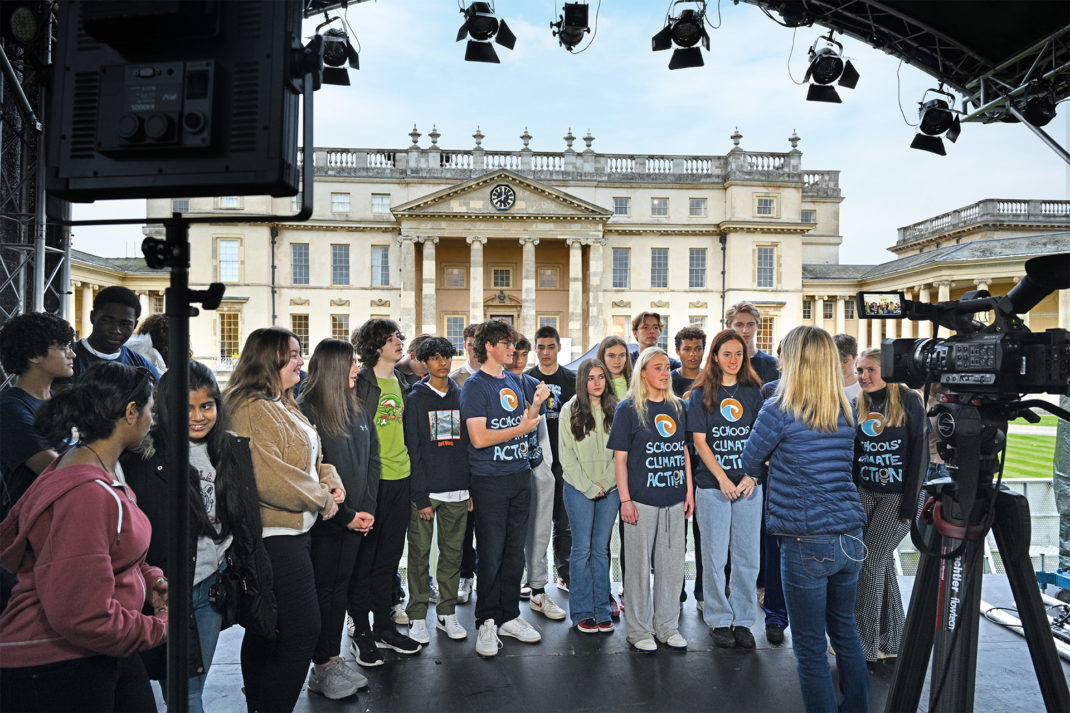Empowerment During Coronavirus
By School House
5 years ago

Uncertainty, anxiety, isolation and illness. The year is 2020 and the topic is empowerment during coronavirus.
By Alex Bloom-Davis
It has been very important to make sure the many good things have not gone unnoticed at the moment. Col. Tom Moore, clapping for our carers and artists continuing their work at home instead of in a studio are but three things that immediately spring to mind. All of these, and more, have been a source of inspiration and have increased the nation’s empowerment during coronavirus tenfold.
That said, it is equally important not to simply mask the bad with the good, but to face it where we can. Mental health is an aspect of the coronavirus outbreak that has perhaps not received the airtime it should be getting. With vulnerable people across the country in isolation, this is a very testing time for everyone’s mental health. I spoke to Flavia Dalzell Payne – founder of Maya Empowerment and a teacher of the power of thought – to find out how people may be struggling with their mental health and what can be done to feel a renewed sense of empowerment during coronavirus.

I start by asking Flavia why young people in particular will find social distancing and isolation a strain on their mental health: ‘This is their first real experience of sudden and disruptive global change,’ she explains. ‘To have both their normal routines which provide a sense of security, as well as their school and social environment which provide a sense of connection, swiped from under their feet is tough and will really rock their boat.’
Our brains like ‘the familiar’, says Flavia – something we have been deprived of in the last few months. A familiar environment therefore appears safe to us, whereas a new and unfamiliar environment can appear unsafe. ‘But the only certainty in life is uncertainty,’ she adds, ‘so, embrace uncertainty with curiosity and even excitement, rather than fear; all it takes is a shift in focus and perspective. And use positive self-talk and affirmations to build up your inner strength in the face of challenges.’
Of course, Flavia recognises this is easier said than done, especially for those who already struggle with their mental health. She tells me that ‘those with a sense of self-belief, self-confidence and self-esteem will manage to cope better than those without. They will have a sense of inner security that will strengthen them, so they won’t need to look so much to the outside world for that sense of security – they have it inside already.’

This is not to say those who don’t feel naturally secure are left totally defenceless – they just have to work a little harder to harness the tools at their disposal. ‘Young people are already perfectly equipped to deal with life,’ Flavia stresses. ‘They have all the emotional, mental and psychological resources to deal with challenges and adversity. We are a resilient species and can thrive in the toughest times; don’t underestimate the power of the human mind and the human spirit.’
How, then, to harness this power, to feel empowerment during coronavirus and life in general?
The Groundwork
Flavia’s job is to show people how to facilitate their mental resources and to better deal with adversity. The best way for one to begin this process is to generate an understanding of the capabilities of their own mind. Flavia helps people to understand and develop their innate skills of creativity, resilience and perceptiveness.
Nurture your imagination and creativity by spending five minutes a day visualising your dreams and goals, advises Flavia, who explains that by making this a ritual ‘you begin to tap into your true potential. Stretching your imagination daily is developing mental fitness; it’s like a workout for the mind.’
Flavia comes next to resilience, which she says is ‘innate in human beings’. ‘To access your own wisdom and common sense, focus on your breath and the present moment, breathing a little slower and deeper than usual.’ She describes how ‘this takes your attention away from your thoughts and quiets the mind; with a quiet mind and a good feeling, you can discover the clarity, peace of mind and well-being that is innate within us all.’
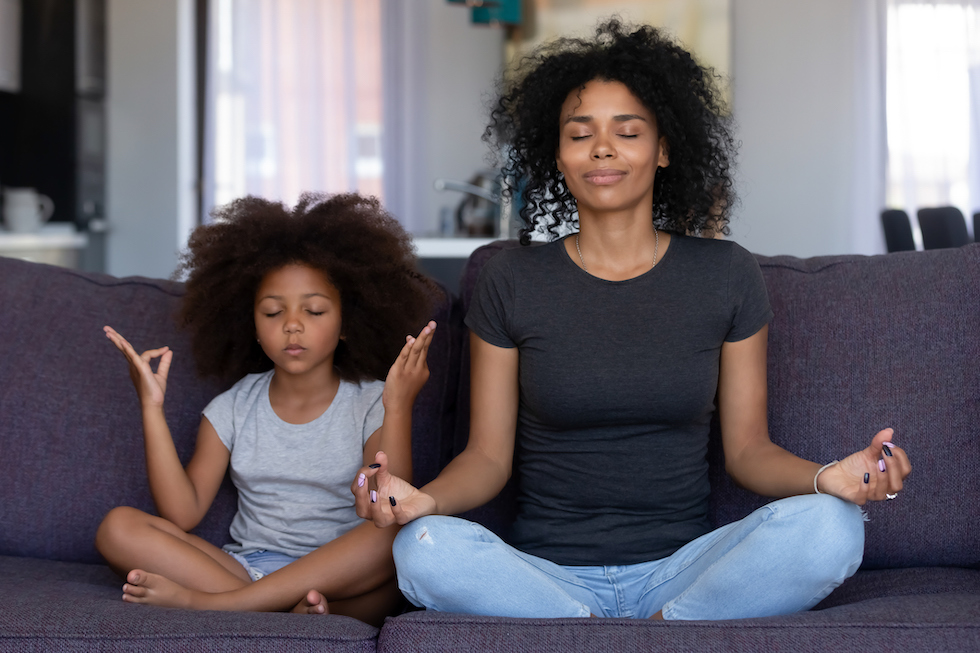
The key to becoming the master of your own mind, however, lies in understanding perception, the art of which is two-fold. Firstly, ‘We all have different beliefs about the world, about life and about ourselves,’ Flavia reminds me. ‘These beliefs create our own unique perceptual reality; often called our personal reality. No one else is going to see the world quite like you do. Therefore, the ability to consider your perception in any given circumstance and to consider someone else’s point of view is one of the most important skills in life.’
This is a skill that will take experience to grasp and can be challenging even for the wisest of us to become practised in. However, once this concept is understood, ‘it helps you adjust to new circumstances and to be resilient when faced with unexpected changes. When you can’t quite see what someone else is seeing in a situation, looking at it from a different perspective will help you to understand it better. There is always more than one way of looking at a situation,’ Flavia concludes.
Perceptiveness’ second prong, as explained by Flavia, is the key concept of her empowerment teaching. The essence is thus: our experience of life is determined by the way we think. This is no Jedi mind trick, but again, will require practice before its perfection.
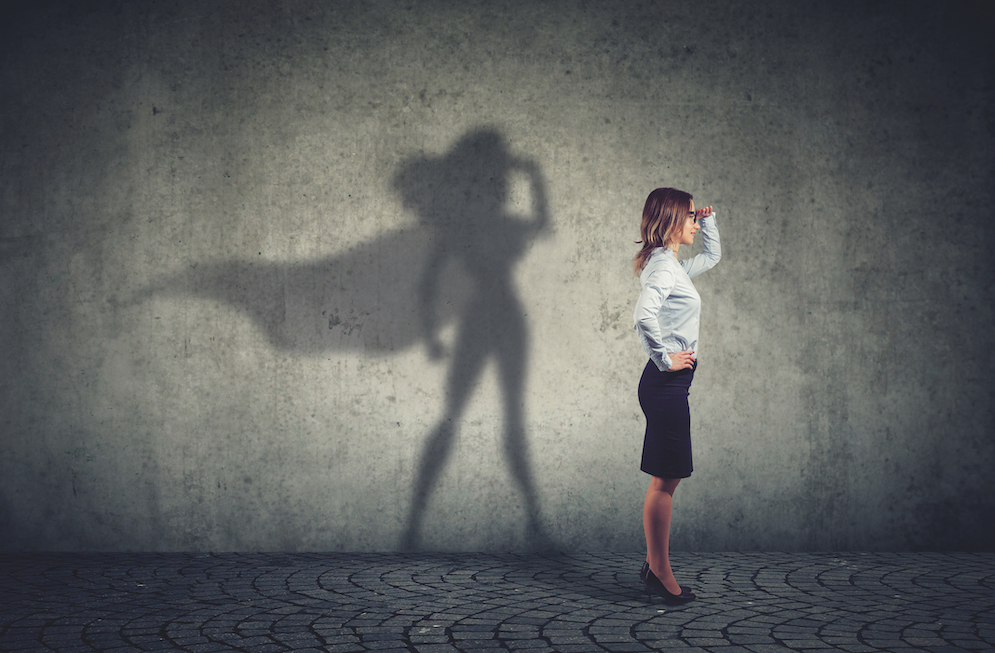
‘What we feel is not the result of a person or an event; it is a result of our perception of that person or event,’ explains Flavia. ‘It is via our perception that we add meaning to events, and it is the meaning that creates the emotion. This is why some students are thrilled their exams are cancelled and others are devastated. If you change the meaning, you change the emotion. What this means is that our wellbeing is not dependant upon our circumstances – it is determined by how we use our power of thought and so the responsibility and accountability for our lives comes back to us. Our power lies in how we each choose to think, feel and respond to the situations occurring in our lives.’
The topic at hand
Having set the stage and described how to facilitate one’s mental resources to deal better with adversity, I can come to the matter at hand: how to nurture your empowerment during coronavirus. Our expert reveals some simple methods one can use to keep the mind healthy and positive, not only during the gloomy times, but all of the time.
Flavia has already described the power of perspective, but how to keep it healthy? Well, a pragmatic point to start with is to remember this crisis is temporary. ‘We are not in lockdown for 27 years like Mandela was,’ is the point Flavia makes. She goes on to explain that the brain tends towards negativity because its number one role is to keep us safe and so is hypersensitive to threat and danger, such as a crisis. Flavia suggests that a daily practise of gratitude can help you to maintain a healthy perspective even through the toughest of times. ‘Gratitude is the highest form of thought and is the number one way to make yourself feel better. There is a real science to gratitude,’ she says.
‘When we consciously practise gratitude, we get a surge of rewarding brain chemicals and experience a general brightening of the mind – it is like taking your own anti-depressants,’ Flavia tells me. ‘Thoughts of gratitude release healing chemistry into the cells, which balances your hormones, boosts your immune system and even slows down ageing.’ By spending a few minutes each day thinking and really feeling grateful for even the small blessings in your life, the more you will find to be grateful for and the happier you are likely to be.
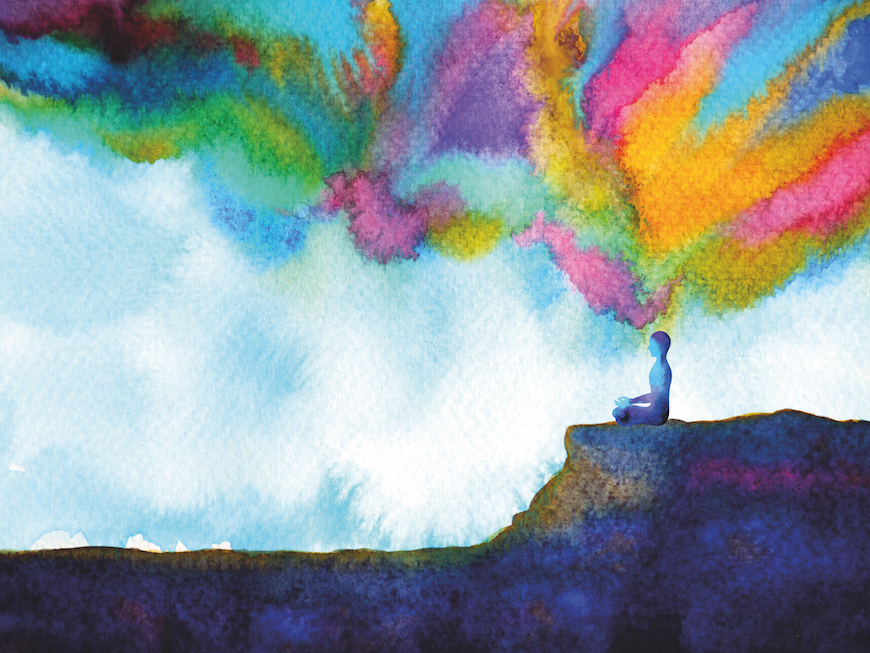
It is crucial to focus on the opportunities, because, as Flavia says, ‘out of chaos comes order.’ ‘Crises, such as coronavirus, always bring an opportunity for change and growth,’ she continues. ‘It is very easy to get fixed in our thinking and let our insecurities, doubts, fears and negativity rule, but whatever the outside circumstances are, we have the power to choose where we focus our conscious attention – and our focus determines our reality.’ By looking beyond the obvious and immediate challenges, and keeping an eye open for the opportunities, you will free your mind for more responsive and inspired thinking.
Final thoughts
While not a symptom of coronavirus, there is no doubt that the disease sweeping across the globe has been responsible for the sharp decline in public mood and the deterioration of mental health. It is not expected that this decline in mental health will suddenly be corrected when the threat of the virus and social distancing is over. But, Flavia believes there will be ‘an equal, if not greater, upswing in resilience, courage, creativity and innovation’, as well as ‘a renewed sense of unity, connection and cooperation’.
‘This moment we are passing through demands the best of us. It is a time of grief, fear and pain, but it is also a time of great love, compassion, creativity and inspired action,’ she says. ‘It is a time of new beginnings and new possibilities. Perhaps an opportunity to expand beyond what we thought was possible and create a better future.’
There is hope in a time when hope is needed, but more than that, a reminder that we are all better than we think, and we can always feel better than we feel. I have no doubt that the methods and practices explained by Flavia are what we all need to be doing so we can wake up with a spring in our step, and when coronavirus and negative thoughts raise their ugly heads preparing to pounce, we can hold up our hand simply reply: ‘Not today… not today.’

For other tips on how to stay positive click here


